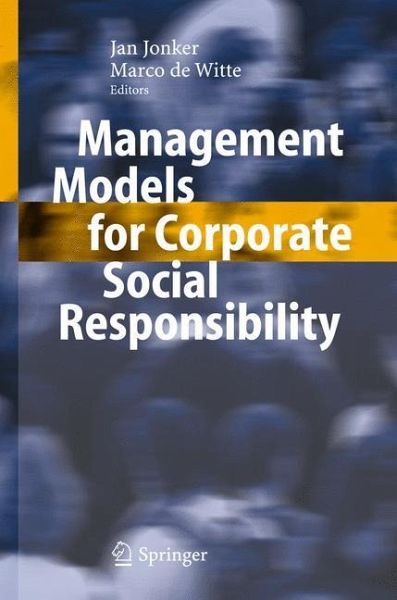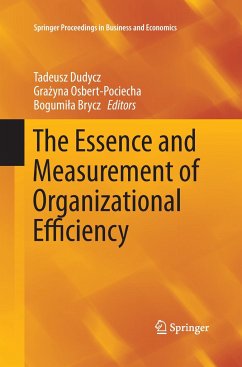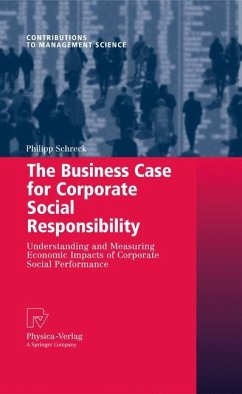
Management Models for Corporate Social Responsibility
Versandkostenfrei!
Versandfertig in 6-10 Tagen
38,99 €
inkl. MwSt.

PAYBACK Punkte
19 °P sammeln!
In recent years the field of Corporate Social Responsibility (CSR) has impressively progressed. This has resulted in a number of tried and tested management models - models that have demonstrated added value in everyday organisational practice. This book harvests this experience leading to an accessible and readable volume with an overview of those models in a hands-on manner. In total more than forty models from around the world are brought together. Each contribution is structured around one central figure while describing concisely the nature, the use, actual experiences and some do's and d...
In recent years the field of Corporate Social Responsibility (CSR) has impressively progressed. This has resulted in a number of tried and tested management models - models that have demonstrated added value in everyday organisational practice. This book harvests this experience leading to an accessible and readable volume with an overview of those models in a hands-on manner. In total more than forty models from around the world are brought together. Each contribution is structured around one central figure while describing concisely the nature, the use, actual experiences and some do's and don'ts of CSR. The book is written for a managerial and consultants audience, people that have to deal with CSR in everyday practice.














